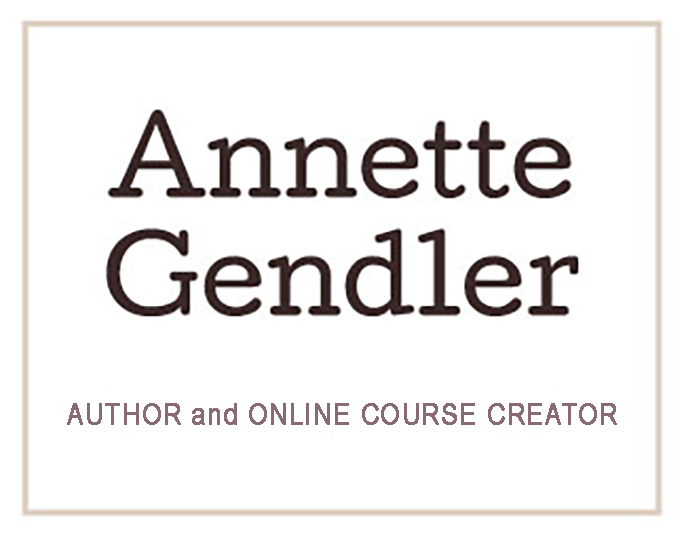Learning a new language means frantically running around in my mind snatching at the coat tails of words I might now, hoping to catch a consonant-vowel combination that hopefully means what I am trying to say and then trying to spit it out in a halfway intelligible way, while my conversation partner is patiently waiting for my hmms to turn into something he or she can make sense of. This works if I’m talking to my Ulpan teacher, but isn’t so practical when I’m trying to understand what the guy behind the cash register wants from me.
I just completed two weeks of intensive Hebrew at Ulpan-Or in Jerusalem. In addition to helping me make progress with my Hebrew language skills, this experience threw me back into Beginner’s Mind. It made me remember and appreciate what it’s like to begin something and stand before the tall mountain ahead of you and constantly wonder if you’ll ever be able to climb it.
It threw me back to my years of studying French and Spanish in their respective countries, when in the beginning, in my encounters with locals or upon turning on the TV, a wall of words was coming at me, and I had no idea what people were saying. I had to brace myself to be immersed and trust that eventually that flood of words will become intelligible. I haven’t reached that stage yet but at least I can now make out a word here and there.
It also reminded me of the frustration a toddler must feel (unfortunately I don’t remember my own toddlerhood) when he or she has so many things to express but hasn’t the tools to do so yet. A lot is left unsaid! It’s a humbling experience, but at the same time it is also immensely gratifying when, once in a while, I actually do understand something, when I manage to decipher a shop sign while passing by in a bus, or understand a word in an overheard conversation. It is so gratifying precisely because it is so damn hard to get to that point! It is also a reminder what a powerful tool language is. When you’re not in command of it, you’re left by the sidelines.
Learning a new language also reminded me that once again, as with writing, consistent practice (over a long period of time) is everything. The wall of words will only make sense if confront it every day. At some point, it will give way. The wall will break into individual bricks and you might even be able to use them to construct your own sentence. Ok, maybe I’m taking this metaphor too far, but that’s what it feels like.
Studying Hebrew these days I had to tell myself, “le’at, le’at” (slowly, slowly). I expected too much, I wanted too much. It could not be done. Rather than getting frustrated with all the words I could not remember, all the consonant-vowel combinations that became jumbled in my mind, I told myself to be happy if I acquired one new word a day. It was, after all, one more word that I didn’t know the day before. And that is progress!
Something else struck me: As with writing, when learning a language it is better not to think. It is better to simply talk, to open your mouth and utter whatever comes out and hope for the best. You might make a fool of yourself now and then, but overall those who do have command of the language will appreciate your efforts. And if they once in a while do laugh at you, you will at least have learned not to make that mistake again.
All in all it has been a humbling experience. I am not confident yet whether I will be able to manage four to five languages successfully in my head to the point where French, my dominant foreign language, won’t be activated whenever I’m trying to express myself in a foreign country. Up until now that was always the case. These days, however, my brain was exposed to so much Hebrew that I was happily swimming about in that sea of words until I happened upon a French bakery in Jerusalem. Waiting in line to buy a birthday cake for my son, I found myself snatching at French phrases that would otherwise have come easily. New roads are being charted in my head! How to maintain the old ones? Can languages be compartmentalized or does it become one big jumble? If I manage to continue on this road, I guess I shall find out. If anybody has advice on how to manage several languages in your head, I would love to hear about it!
In any case, my Hebrew learning experience has given me a fresh appreciation for the languages I do know and for how fortunate I am to have grown up with two of them that I didn’t have to rack my brain to learn.


I'd be out of my depth trying to learn yet another language, particularly one with a style so different from what I'm used to.
Congratulations on your new endeavor. I still struggle with French (I have one month to become an expert before I head there again). Your advice to just open your mouth and let fly is the best. I speak horrible French, but I'm not afraid to make a mistake. Shopkeepers and other strangers, as well as friends, are correcting me all the time. I remember their corrections better than all the lessons in my French classes at Alliance française or the online exercises I do.